
In 1967, after a year of heavy losses, Ho Chi Minh and General Giap began to fear that North Vietnamese morale would soon begin to fracture. The two decided on a dramatic shift of policy, moving away from protracted, limited warfare towards planning one great decisive battle. Up until now, the communists had been fighting on three fronts: maintaining military pressure on the ground, mobilising support from the people of South Vietnam and, crucially, eroding American public approval for US involvement.
They now believed it was time to concentrate their forces and seize swathes of strategic positions all across South Vietnam. This would, in turn, trigger a widespread general uprising against the South Vietnamese regime while simultaneously revealing to the US that the war was unwinnable, triggering a withdrawal.
In the United States, the anti-war movement was reaching new heights, with 30,000 protestors chanting "Hey, hey LBJ, how many kids did you kill today?" outside the White House - loud enough for President Lyndon B Johnson's family to hear. With an election year coming up, Johnson was desperate to reassure the public that the war would soon be won. Convinced the communists were one heavy loss from defeat, Johnson and General Westmoreland went on a propaganda media tour, asserting that the communists were too exhausted to launch any further offensive actions and that the end was in sight.
This story is from the Issue 110 edition of History of War.
Start your 7-day Magzter GOLD free trial to access thousands of curated premium stories, and 9,000+ magazines and newspapers.
Already a subscriber ? Sign In
This story is from the Issue 110 edition of History of War.
Start your 7-day Magzter GOLD free trial to access thousands of curated premium stories, and 9,000+ magazines and newspapers.
Already a subscriber? Sign In
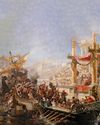
NAUMACHIA TRUTH BEHIND ROME'S GLADIATOR SEA BATTLES
In their quest for evermore novel and bloody entertainment, the Romans staged enormous naval fights on artificial lakes
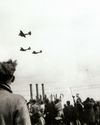
OPERATION MANNA
In late April 1945, millions of Dutch civilians were starving as Nazi retribution for the failed Operation Market Garden cut off supplies. eet as In response, Allied bombers launched a risky mission to air-drop food
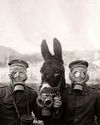
GASSING HITLER
Just a month before the end of WWI, the future Fuhrer was blinded by a British shell and invalided away from the frontline. Over a century later, has the artillery brigade that launched the fateful attack finally been identified?
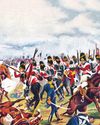
SALAMANCA
After years of largely defensive campaigning, Lieutenant General Arthur Wellesley went on the offensive against a French invasion of Andalusia
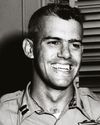
HUMBERT 'ROCKY'VERSACE
Early in the Vietnam War, a dedicated US Special Forces officer defied his merciless Viet Cong captors and inspired his fellow POWs to survive
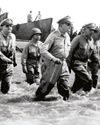
LEYTE 1944 SINKING THE RISING SUN
One of the more difficult island campaigns in WWII's Pacific Theatre saw a brutal months-long fight that exhausted Japan’s military strength
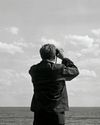
MAD DAWN
How technology transformed strategic thinking and military doctrine from the Cold War to the current day
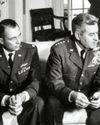
BRUSHES WITH ARMAGEDDON
Humanity came close to self-annihilation with the Cuban Missile Crisis, Broken Arrows’ and other nuclear near misses
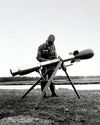
THE DEADLY RACE
How the road to peace led to an arms contest between the USA and USSR, with prototypes, proliferation and the world’s biggest bomb
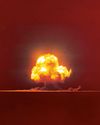
THE MANHATTAN PROJECT
Einstein, Oppenheimer and the race to beat Hitler to the bomb. How a science project in the desert helped win a war